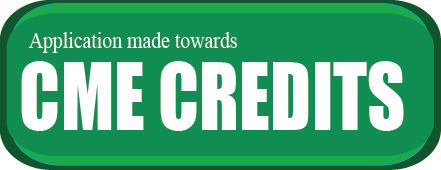Maria Phillips
University of the Free State, South Africa
Title: A framework resulting from implementing high-fidelity simulation in South Africa
Biography
Biography: Maria Phillips
Abstract
Seven years ago, the implementation of high-fidelity simulation (HFS) was only a dream at schools of nursing at both university and college level. A philanthropic grant enabled the School of Nursing at the University of the Free State, South Africa, to establish a HFS laboratory. This process proved to be a disruptive learning experience for nurse educators. The study explored the learning experiences of nurse educators implementing HFS for the first time. An interpretative phenomenology analysis was employed to study the experiences of seven nurse educators implementing HFS in their programs. Data collection involved individual and dyadic, in-depth, semi-structured interviews, reflective journals, summaries of experiences and researcher reflective notes. Five super-ordinate themes transpired from the data, namely: frames of reference before HFPS; new world of HFPS; critical reflection; critical self-reflection and transformation in action. An unexpected outcome of the study was the emergence of a pattern whereby educators were developing as simulation educators. The learning experiences of the educators were resonant of transformative learning described by Jack Mezirow. The educators experienced simulation as a new world with its own culture, language and community. Educators’ new learning included the: management of technology and related software; pedagogy of simulation; planning and implementation of scenarios; acquisition of debriefing skills and development of other educators to implement HFS. As a result, educators reflected deeply on their frames of reference regarding educators’ roles in student learning. An adaption of strategies even reached into classroom practices to allow more student-directed learning.

